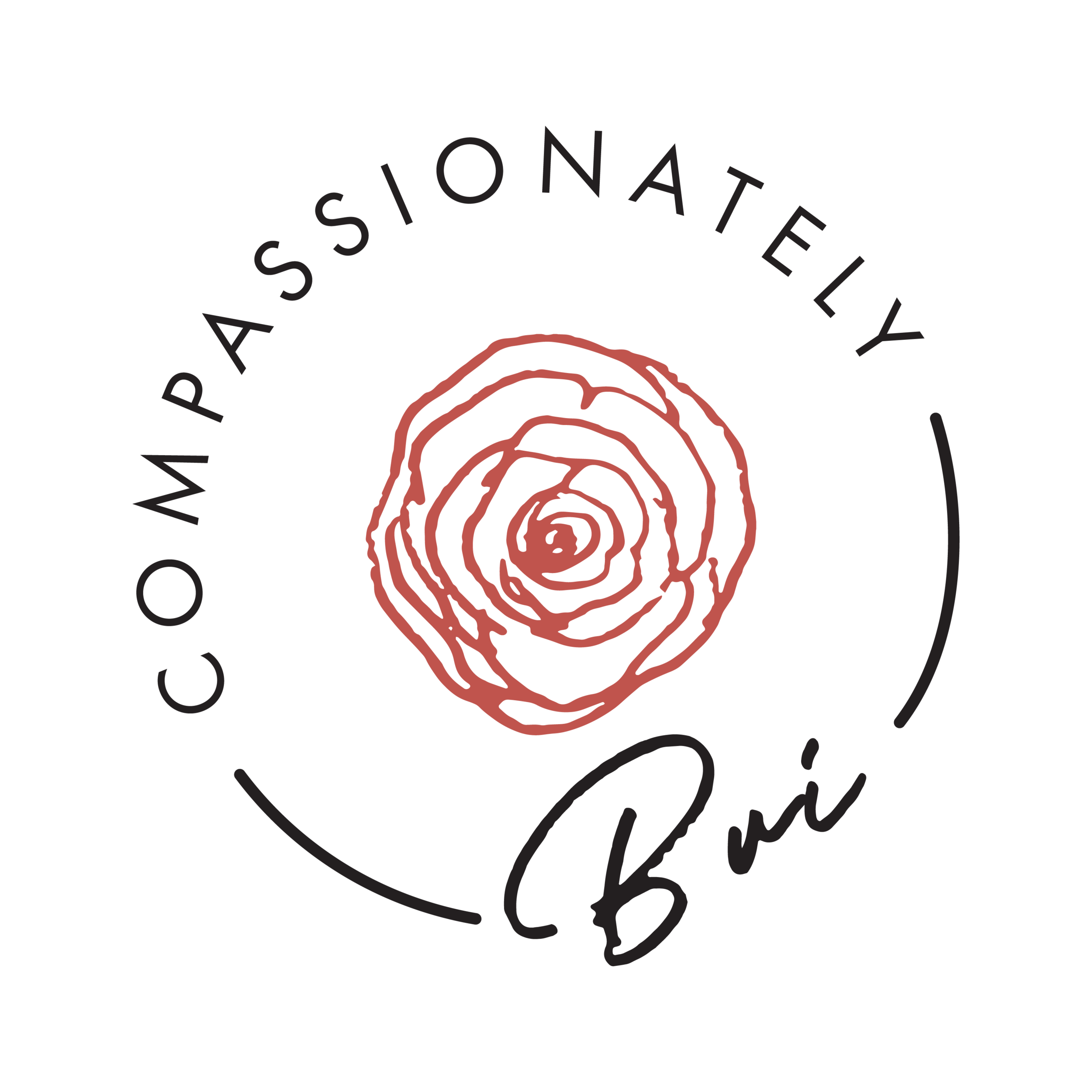3 reasons to stop body shaming and accept the body you are in
1) Comparing Your Body and Negative Self-Talk is hurtful.
As humans, it’s natural to compare ourselves to the world around us. While comparing body types, we put ourselves down while bringing others up. Why? Because we have been trained by the media to be unsatisfied with the body we were given.
According to Psychology Today’s article Why You Don’t Think You’re Beautiful,“Research suggests that the media negatively affects how we judge both ourselves and others.”
When we see our body, we focus on the flaws we believe it has. Yet when we look at others’ bodies, we see them in a more loving light, pointing out their positives.
Why are we more cruel to ourselves? Why do we hold our bodies to unattainable standards?
It starts during childhood. Parents affect their children with the way they talk around and to their child. If a mother or father exhibits negativity towards their body image outwardly, children will learn that this is a “normal” way of addressing their own body.
Some phrases we have heard our parents say and then ourselves repeat are:
“Ugh, I’m so ___.”
“My [insert body part] is [insert negative word].”
In a PBS article, Raising a Girl with a Positive Body Image, it states that, “According to the Center for Disease Control and National Association of Eating Disorders, by age 6 girls start to express concerns about their own weight or shape.”
But it’s not all the parents fault. Parents were also children at one time and they were negatively impacted by their own upbringing. This is a cycle that is hard to break, so how do we end the comparing and negative-self talk?
It starts with recognizing what happened in your past. What was the initial start to your own body shaming? When did you become more self-aware about your body in a negative light? Then acknowledge what happened to bring your body image down and that it was wrong. In the next step, we will address how to heal our negative body image perception.
2) Body Acceptance is freeing and healing.
There is freedom in accepting the body we were born into. Body image coach, Jessi Kneeland talks about “learning how to tune into other aspects of having a body” in her article titled What the Body Acceptance Movement Doesn’t Want You To Know.
Body acceptance is just that - It’s not focusing on how our body looks, it’s being in awe that our body exists at all. Once we realize our bodies' value is not based on our bodies' appearance, it frees us from the negativity that has been instilled in us since childhood from environmental factors like the media and the people in our lives.
Body acceptance has been shown to improve body image. In a study via Science Direct, “This study is the first to show that focusing on body functionality can improve body image and reduce self-objectification in women with a negative body image.”
In yet another study published by the Psychology Women’s Quartely, women were presented with written exercises focused on their body’s functionality and not on their bodies appearance or asked to love their body. According to the results “both self-compassion-focused and body-functionality-focused writing led to higher body satisfaction and higher positive affect.”
During this step, we start to recognize and validate our body for it’s functionality. We focus less on what our body looks like. After body acceptance, we then move into body compassion.
3) When you are ready, your body deserves respect and compassion.
It’s easier to respect and give compassion to others than ourselves. But, isn’t what we innately give to others also something we innately need?
Respect is defined as a feeling of deep admiration for someone or something based on their abilities. Respect for your body would be a feeling of admiration for what your body can do. Now, are you thinking, “ugh my body is weak; I’m this [negative word] or that [negative word].”? Let’s stop those thoughts right now. You would not be here today without your body. Your body is a part of you and it does many things for you without protest.
Next, compassion is defined as love and admiration for the sufferings of others. Your body may have been through much suffering, whether through negative self-talk or low body image, or through any type of injury or medical issue. That’s tough. It is. And you know what? It’s okay to be compassionate for what your body has been through.
Psychologist Kristin Neff has pioneered the field of self-compassion 10 years ago and has found astounding results and positive change. She says “Spending 15 minutes on these self-compassionate letters left them in a better mood and feeling more positive about how they looked.”
The last phrase I added was “when you are ready.” No one should force you into this type of body image healing. Body image healing comes from within, when you are ready. You can be given tools, resources and support to help you, but ultimately this is your journey. Take all the time you need because this journey is unique to you.
